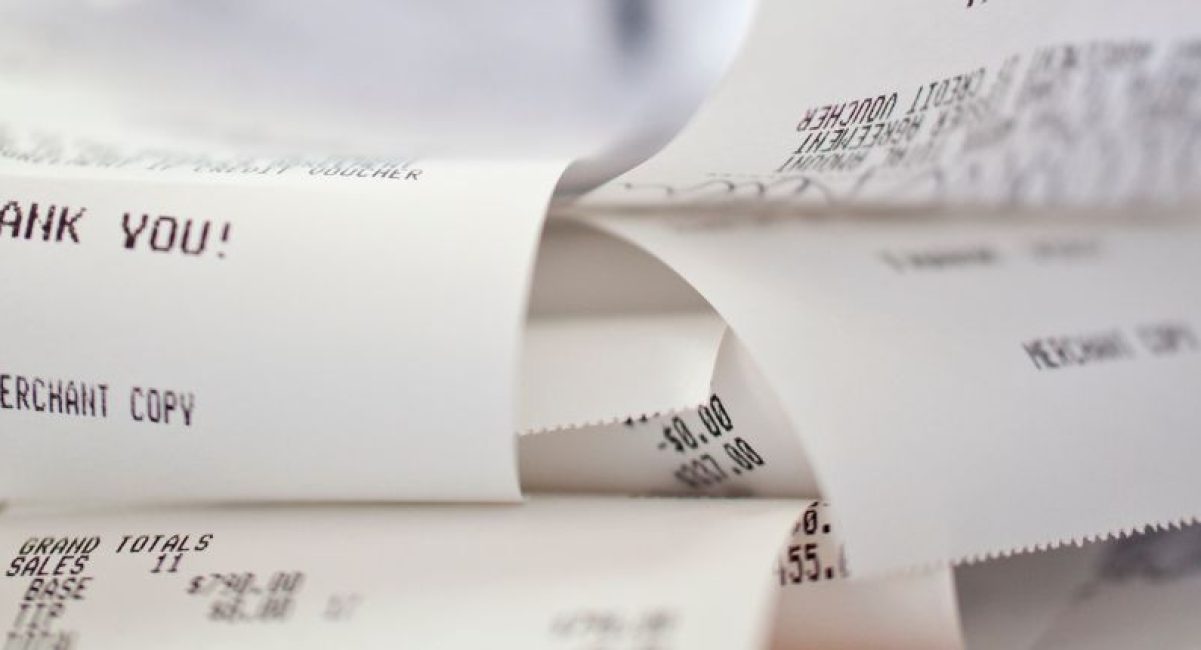While printed receipts remain the norm, retailers should consider if there are safer options for their retail teams and shoppers. Although many retailers now offer digital receipts in addition to or in lieu of a printed receipt, paper receipts are still standard at most retailers.
Without paper receipts, there is also the issue of data protection and trust as consumers worry about sharing their information and the potential of receiving unsolicited marketing or having their info sold.
So while digital receipt popularity grows, register tape currently offered should be safe and free from harmful chemicals.
What is Phenol-Free Thermal Paper?
In the past, the thermal paper used for receipt tape commonly used phenol-based chemistry. More modern phenol-free thermal paper can be made BPA-free and BPS-free. Phenol-free thermal paper typically also means that the receipt paper uses a phenolic-free color developer versus typical BPA or BPS coatings.
“An estimated 93 percent of paper receipts are coated with Bisphenol-A (BPA) or Bisphenol-S (BPS), endocrine-disruptors that are linked to fetal development issues, reproductive impairment, type 2 diabetes, thyroid conditions, and other health concerns,” according to a 2021 Green America survey.
The Benefits of Phenol-Free Thermal Paper Rolls:
“When we touch receipts, the chemical coating is absorbed into our bodies through our hands,” the Green America article continues.
Phenol-free thermal register paper is important because it not only impacts customers but their own retail workers. Retail workers are in contact with BPA-coated register tape much more than shoppers, so the switch to phenol-free is also significant in protecting retail teams.
The EU banned the use of bisphenol A (BPA) in thermal paper in January of 2020 and retailers everywhere are following suit in beginning to remove BPA from their receipt paper. Retailers such as TJX and CVS have already made the switch to phenol-free thermal paper.
Receipt paper rolls made from phenol-free materials produce the same print quality as traditional thermal paper and these alternatives also better protect POS systems, credit card machines, and printers from overheating and damage.
Phenol-free thermal paper can also be more cost-effective, so there are a lot of advantages worth looking into for your retail operation.
If your organization decides to make the switch to phenol-free receipts, it’s a message worth sharing. Retailers can broadcast their phenol-free message on receipts and other areas to show that their safety is important to them.






